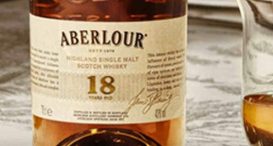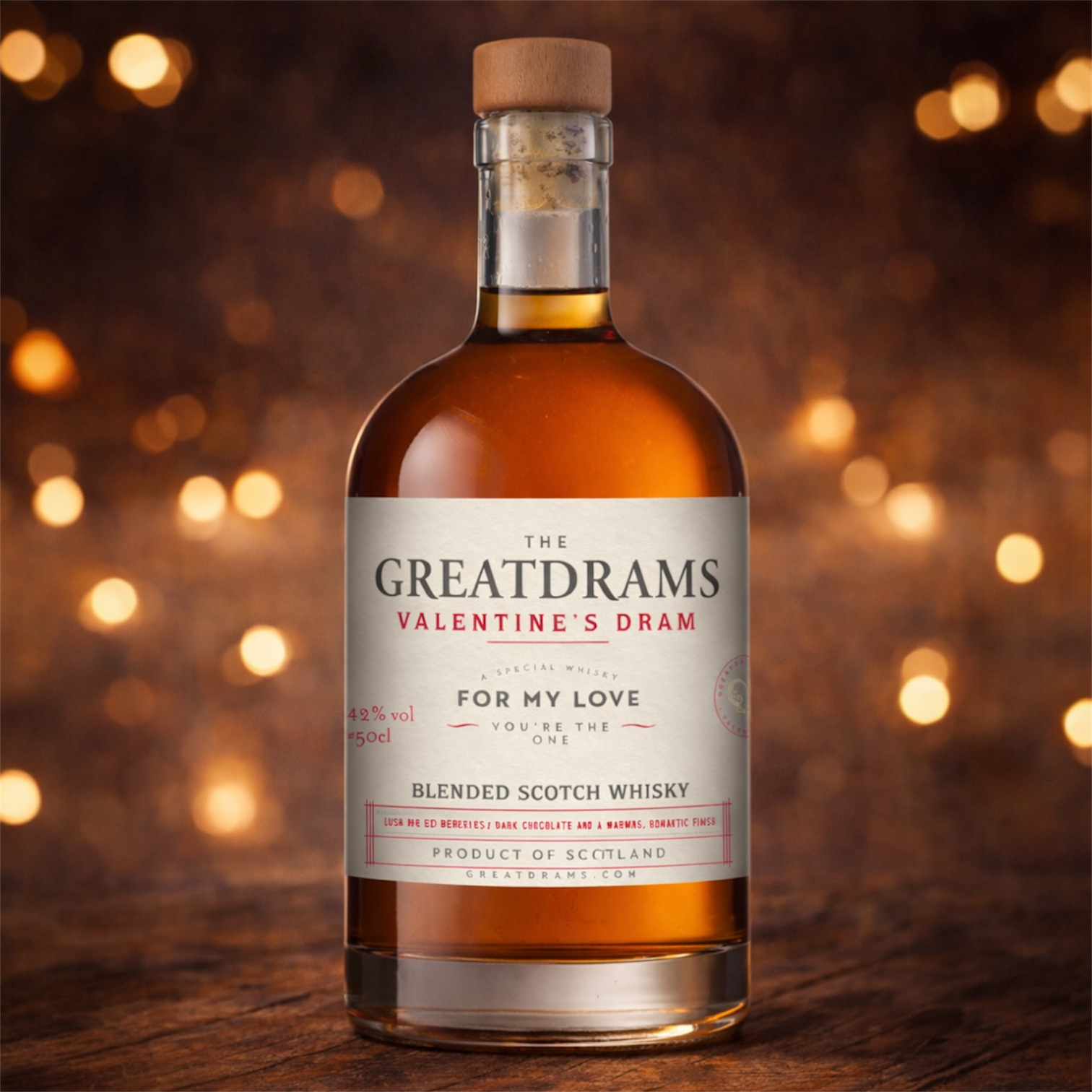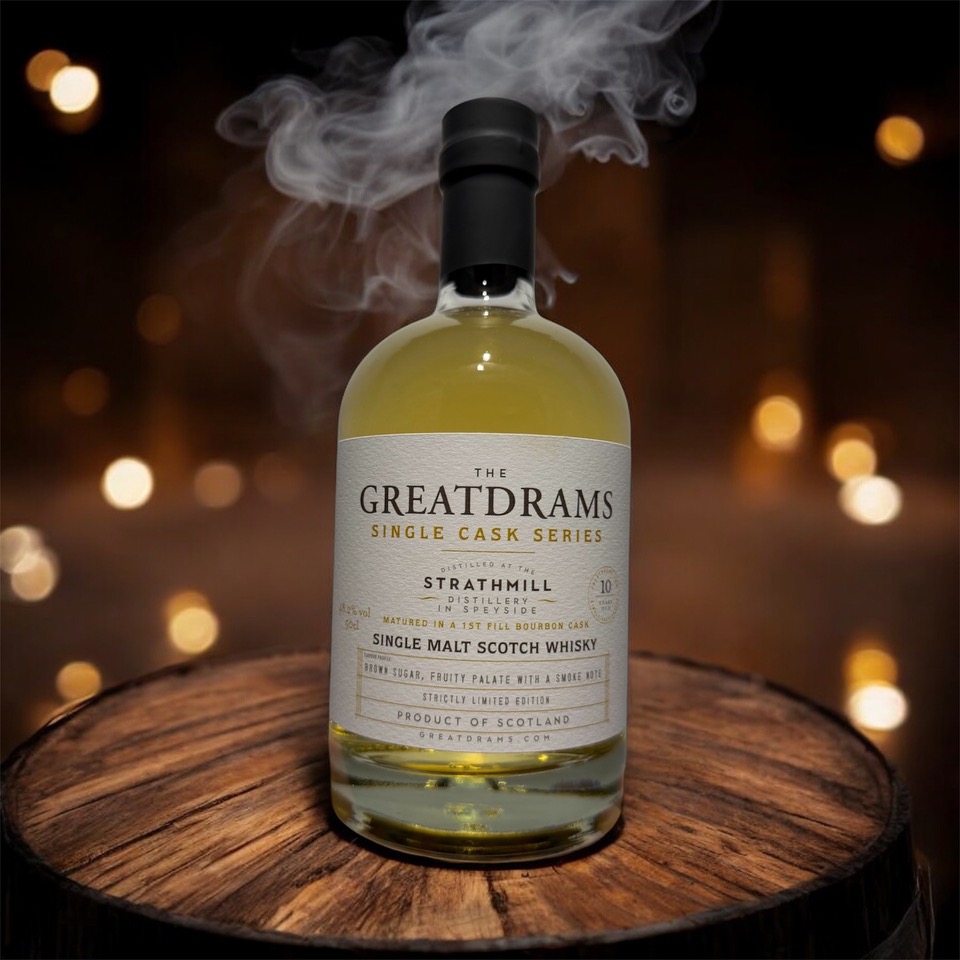Five tips to enhance your whisky auction strategy
let’s begin
Here’s some thoughts on whisky auction strategy as it is not always as easy as it looks, and you should keep your wits about you, especially when buying.
“WHAT? You’re selling your precious bottles in a whisky auction? Scandalous!”
That appears to be what the militant whisky drinkers and ‘buy to openers’ are saying at the minute, but why? There is no shame in selling whisky at auction; I’ve done it, most of the people I know in in the whisky industry has or intends to too.
Moving on, here are my top five tips to enhance your whisky auction strategy.
1. Timing is everything; both when selling, and for buying
So you’ve just bought the latest limited edition Ardbeg Committee Release, or this year’s Feis Ile Lagavulin, or indeed that super-limited edition Highland Park UK exclusive and the assumed promise of greatness and paying off your mortgage by selling, also known as flipping, this or these bottles is playing on your mind no end.
But do you sell now? Or wait for the market to settle?
Typically first mover advantage means you can see significant gains really quickly if you can be the first to get these bottles to auction, with 2017’s Glenfiddich 21 Year Old Winter Storm, retailing at ~£200 sell for ~£600 in the first auction, although it did then calm down. Same went for Kininvie a few years ago and near-enough every Ardbeg release going.
Beware though, some of these bottles get flooded onto the market really quickly after launch and by doing that you end up seeing the ‘value’, or ‘what someone is prepared to pay for it’ go down as each bottle has a series of competitors it is going up against.
This is the same reason for why I would always advocate putting only one of each bottle in to auction at a time; the more of the same bottle you put in, the more they are competing against each other and the more likelihood there is of them returning less than they should fetch due to only a limited amount of buyers being in the market for each bottle, reducing the possibility of a bidding war.
Same goes for buying; time it right for when you think there will be significant availability and do your research on what bottles have sold for historically so you don’t go in blind and lob in a massive bid when it is not necessary.
2. Make sure you’re using the right site for what you’re selling
There are so many whisky auction websites out there now, some are broad in their remit and others are more specialised, and some are still quite new so unexpected bargains can be found from time to time.
Here are a few of my favourites and what they are useful for:
A broad brushstroke of auctions to choose from including many non-whisky items to help build any of your collections. Auctions go live weekly and there are often some pretty cool bottles available.
The first auction site I remember visiting and still one of the best with such a phenomenal array of bottles available every month. I have bought about thirty percent of my whisky collection through this site. Highly recommended.
A superb site with lots of rare Whiskies and impeccable service from Ian who runs the business, well worth looking into as they get most of the limited editions and are slightly smaller than Scotch Whisky Auctions so you have more of a chance of a bargain from time to time.
A great site and one I have sold a few bottles through over the years – great pickup service and a lovely selection of bottles old and new.
Owned by The Whisky Exchange, this online whisky auction is a good option for some high value bottles as well as smaller niche ranges. Seem to list a lot of miniatures too, if that’s your thing.
3. Watch those commissions
Always bear in mind that you have to pay one way or another for buying and selling at auction. Online auctions normally come with incentives if you time it right such as:
- Free bottle pickup as the auction house does a UK-wide drive around collecting bottles for people
- No insertion fees for sellers
- Reduced buyers’ fees
- Free reserves on sellers’ lots
- Free storage for up to six months
These don’t happen often, and certainly are not the norm, so look around the sites above and see when they are doing the, as you can save a wedge… especially if you’re not selling Port Ellen or Karuizawa by the case load where, in fairness, a few quid off your return won’t hurt too much.
Note too that offline auctions are usually more expensive with fees on both sides ranging fro, 12% to 24%, so factor that in to your purchasing and bidding to avoid frustration later.
4. Look into delivery options and prices pre-bidding
So… a few weeks ago I bought thirty bottles of 1970s single malts and blended Whiskies at auction accidentally, essentially I thought I’d bought five bottles by winning five lots but turns out they were multi-bottle auctions which meant I rather unexpectedly got an absolute bargain.
Until the packing and postage quote came in.
To pack, collect and transport those thirty bottles it cost me £140. Ouch. Just make sure you read the T’s&C’s. I still got a bargain in reality, just not as much as it first appeared!
5. Enjoy it!
This is all meant to be fun, so enjoy it, male a few quid, buy a few bottles you’d otherwise not get a chance to and let me know any bargains you’ve picked up below.
One last watchout; try to set a limit and stick to it, odds are the bottle is on another auction site the same month or will be in a few months so don’t bankrupt yourself in your pursuit of that last Cask Strength Laphroaig 10 Year Old, someone else still owns it and does want it anymore… pounce when the time is right for you.















2 thoughts on “Five tips to enhance your whisky auction strategy”
Hi
Very interesting article. I am thinking of selling a 12 yr old 1980’s, I think, Macallan litre bottle duty free. Is there a time of year which is generally a better time for sellers?
Many thanks Andrew
Hi Andrew – nice ! Not really, I would avoid peak ‘post festivities periods’ myself – i.e. after Christmas / after Father’s Day etc. as people are not thinking about buying whisky as much as they either have loads or have spent loads…